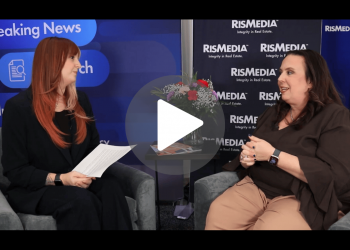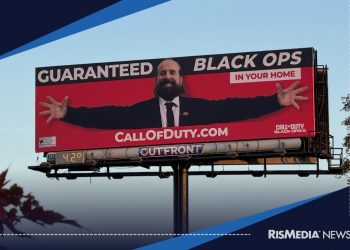RISMEDIA, June 5, 2009-(MCT)-If a major hurricane strikes Florida, authorities may take advantage of the foreclosure crisis to place displaced residents in vacant homes seized by banks.
Ruben Almaguer, interim director of the Florida Division of Emergency Management, has proposed that the Federal Emergency Management Agency use foreclosed homes-which are particularly abundant in Florida-as an alternative to placing people in trailers or scattering them around the country.
“Historically, no one has ever used foreclosed properties,” Almaguer said. “If they have 1,000 foreclosed properties in the area, why not? It may be cheaper, especially if they have to drive a trailer down from Kansas. The cost of driving that down, setting it up, now they’ve got to connect water, sewer, electricity, get permits pulled for it. That’s resolved when you already have in place a fixed property. And what happens a month later when the second hurricane comes through the same area? Would you rather be in a foreclosed home or a travel trailer? I’d rather be in a foreclosed home.”
FEMA released a non-committal statement Wednesday describing the option as one of many “what-ifs” that could be considered in a major catastrophe and stating that currently there is no such policy in place.
Chuck Lanza, Broward County’s emergency management director, said the idea was worth exploring. In addition to its merits as a housing alternative, it would address a source of concern among emergency specialists in Florida: the growing number of vacant homes that could be splintered into construction debris by a hurricane if no one secures them with shutters and plywood. And unlike foreclosed homes, trailers would take time to get to where they’re needed.
“If we have houses we could move people in quickly,” he said. “To us to have extra houses would be great. It makes a lot of sense to have those houses on hand.”
It’s unclear whether banks will have any enthusiasm for allowing hurricane refugees into homes they’re trying to sell.
Alex Sanchez, president of the Florida Bankers Association, said the proposal sounds good in theory but faces several obstacles.
Houses in foreclosure, for example, technically are owned by the debtor until the end of the process, when title passes to the lender. If hurricane victims are placed in the house before the title is transferred, who would get the rent payments, he asked, the debtor who defaulted on the mortgage?
Although banks don’t particularly want to go into the rental property business, he said, they would want to do their share in an emergency.
“After a hurricane, we want to help,” he said. “If the house is livable and the house is vacant, it’s the compassionate thing to do. Why not put a Florida family in it for a transition stage?”
Ultimately, however, he said, “We want to get that house back into productive use by a Florida family who will buy it and get that community happy again with a family back in the house. Our industry’s not in the rental property maintenance business.”
Nancy Norris, Florida spokeswoman for JPMorgan Chase, said she couldn’t say yet whether the bank would be interested. But she said it takes care of its houses.
“Yes we do have a lot of homes now in our possession because they’re in foreclosure. We are actively trying to resell these homes, so we take every precaution to make sure they’re protected from hurricanes and from vandals. We treat it just as if we are homeowners, because we are homeowners.”
Isabel Ulrich, 70, who lived in a FEMA trailer after Hurricane Francis devastated her house in West Palm Beach, Fla., said the temporary accommodations actually were very nice.
“It had everything,” she said. “A bedroom, a nice kitchen, a microwave. I was very satisfied.”
And as a former landlord, she said she worried that temporary hurricane refugees would trash private homes.
“I don’t think it’s a good idea to put people in houses,” she said. “They’ll ruin the houses. There’s not much to ruin in a trailer.”
The proposal came the day U.S. Rep. Alcee Hastings, D-Florida, sent a letter Wednesday to FEMA complaining of a “lack of quality housing” for hurricane victims, particularly poor ones.
State emergency chief Almaguer said he understands the proposal to use foreclosed homes has legal and financial challenges. But Hurricane Katrina showed that when people leave an area for temporary housing, they often don’t come back. And he said any difficulties are outweighed by the practical advantages.
“I want to pull this off for this hurricane season,” he said. “It’s probably cheaper, it’s definitely quicker.”
© 2009, Sun Sentinel.
Distributed by McClatchy-Tribune Information Services.










